India ranks 96 out of 180 countries in Corruption Perceptions Index 2024
Wed 12 Feb 2025, 11:04:16

India ranked 96 out of 180 countries in the Corruption Perceptions Index (CPI) for 2024 as its overall score dropped a point to 38, according to a Transparency International report released on Tuesday.
The index, which ranks 180 countries and territories by their perceived levels of public sector corruption according to experts and business people, uses a scale of zero to 100, where "zero" is highly corrupt and "100" is very clean.
In 2024, India's overall score was 38 while it was 39 in 2023 and 40 in 2022. India's rank in 2023 was 93.
Among India's neighbours, Pakistan (135) and Sri Lanka (121) grappled with their respective low rankings, while Bangladesh's ranking stood further down at 149. China ranked 76.
Denmark topped the list of being the least-corrupt nation, followed by Finland and Singapore.
The 2024 CPI showed that corruption is a dangerous problem in every part of the world, but a change for the better is happening in many countries.
Research has also revealed that corruption is a major threat to climate action. It
hinders progress in reducing emissions and adapting to the unavoidable effects of global heating.
hinders progress in reducing emissions and adapting to the unavoidable effects of global heating.
While 32 countries have significantly reduced their corruption levels since 2012, there is still a huge amount of work to be done as 148 countries have stayed stagnant or gotten worse during the same period.
The global average of 43 has also stood still for years, while more than two-thirds of countries have scored below 50. Billions of people live in countries where corruption destroys lives and undermines human rights.
"Huge numbers of people around the world suffer severe consequences of global heating, as funds intended to help countries cut greenhouse gas emissions and protect vulnerable populations are stolen or misused. At the same time, corruption in the form of undue influence obstructs policies aimed at addressing the climate crisis and leads to environmental damage," the report said.
Protecting climate mitigation and adaptation efforts from corruption will make these life-saving activities more effective and, in turn, benefit people in need, it added.
No Comments For This Post, Be first to write a Comment.
Most viewed from National
Most viewed from World
AIMIM News
Latest Urdu News
Most Viewed
May 26, 2020
Can Lionel Messi's visit boost Indian football?
Latest Videos View All
Like Us
Home
About Us
Advertise With Us
All Polls
Epaper Archives
Privacy Policy
Contact Us
Download Etemaad App
© 2025 Etemaad Daily News, All Rights Reserved.

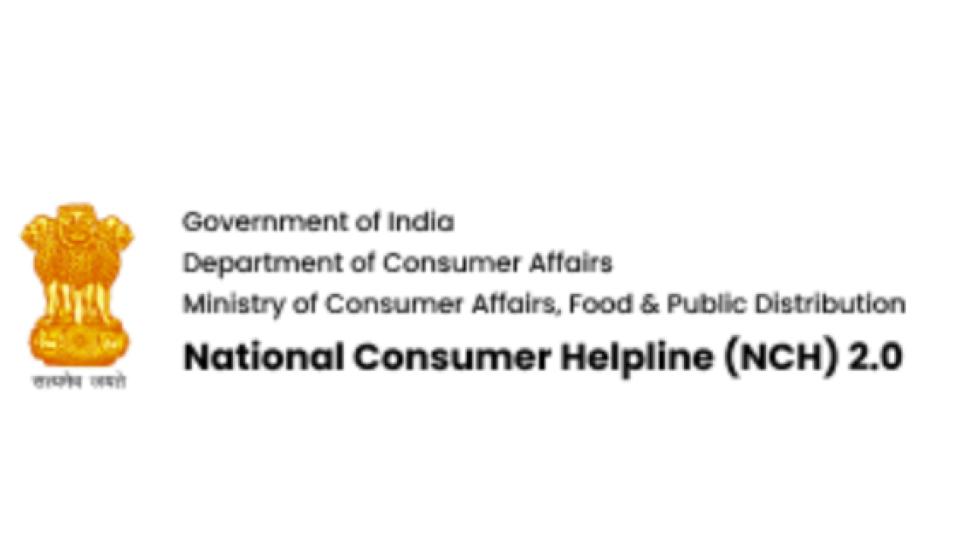




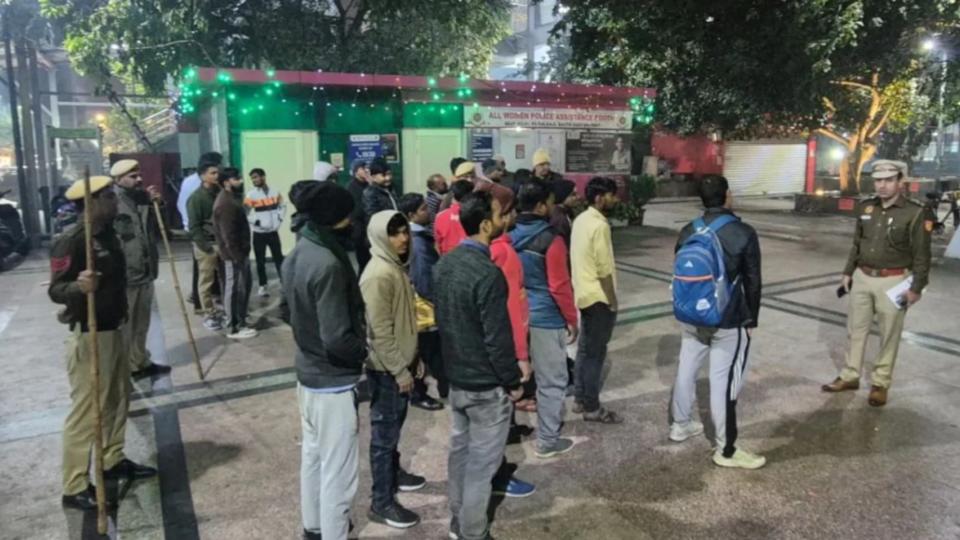
.jpg)

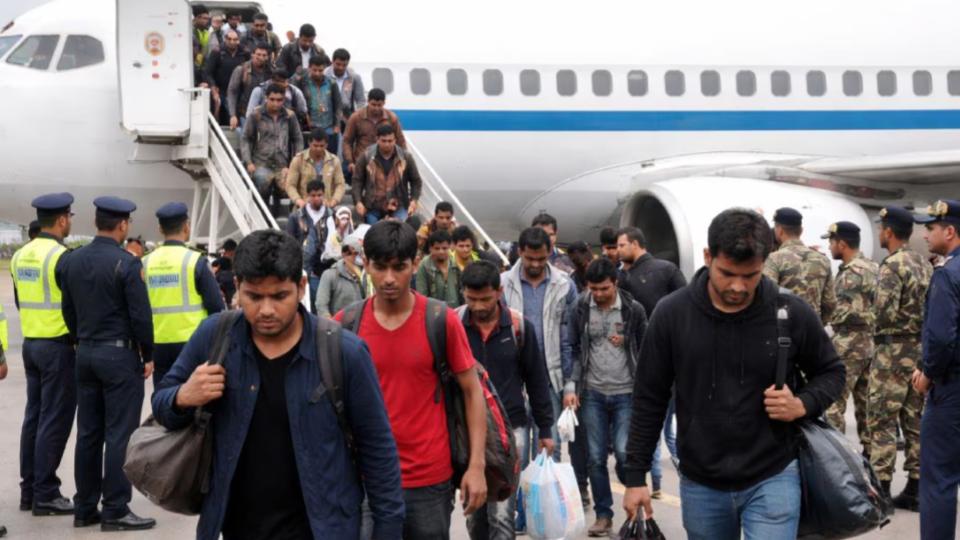

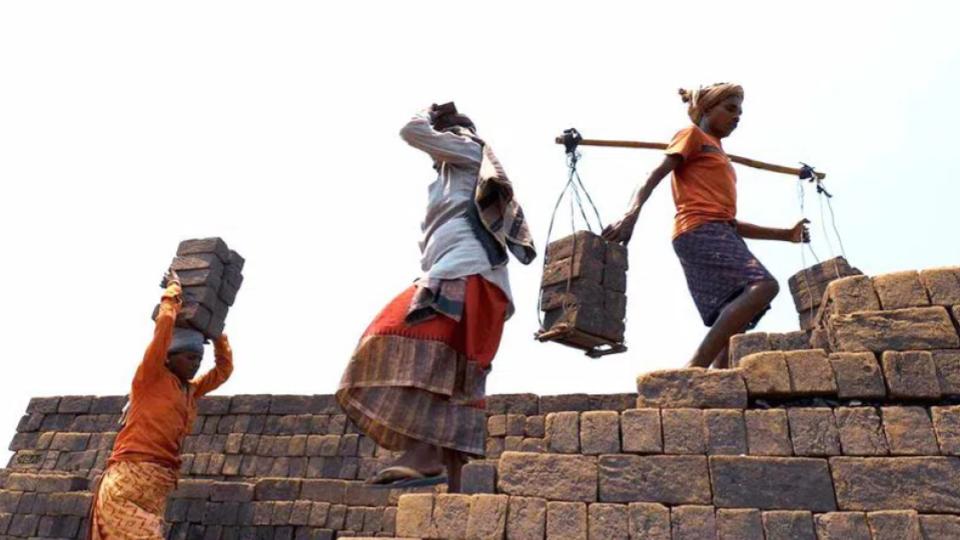
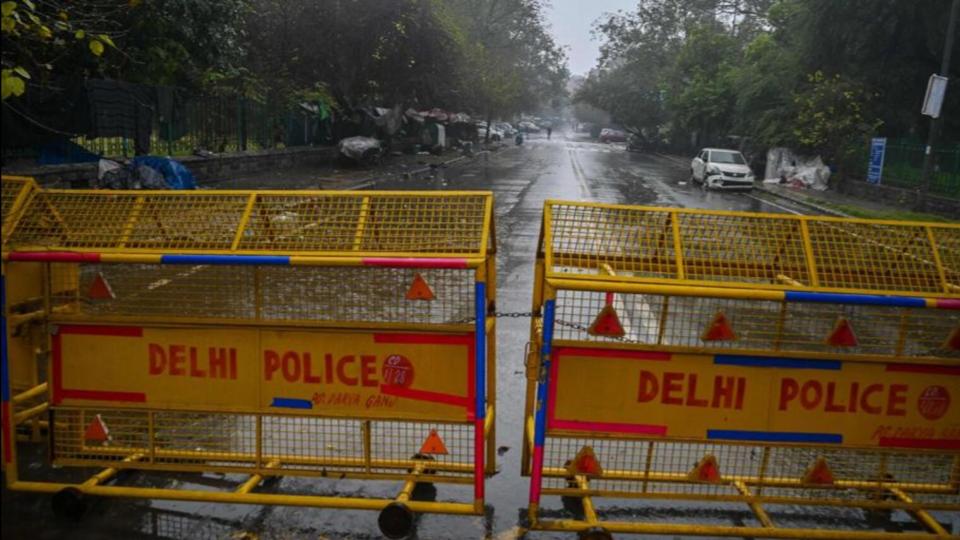






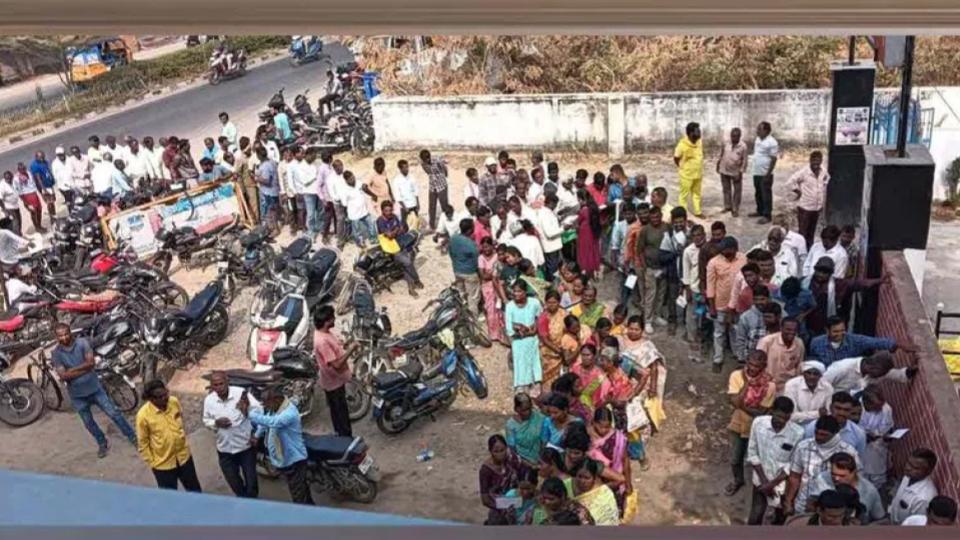




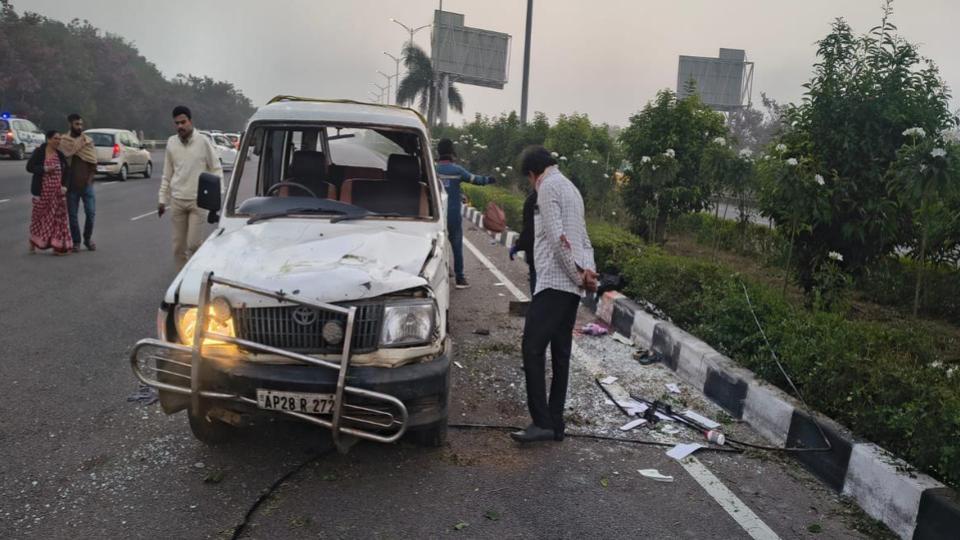












.jpg)
.jpg)
.jpg)


